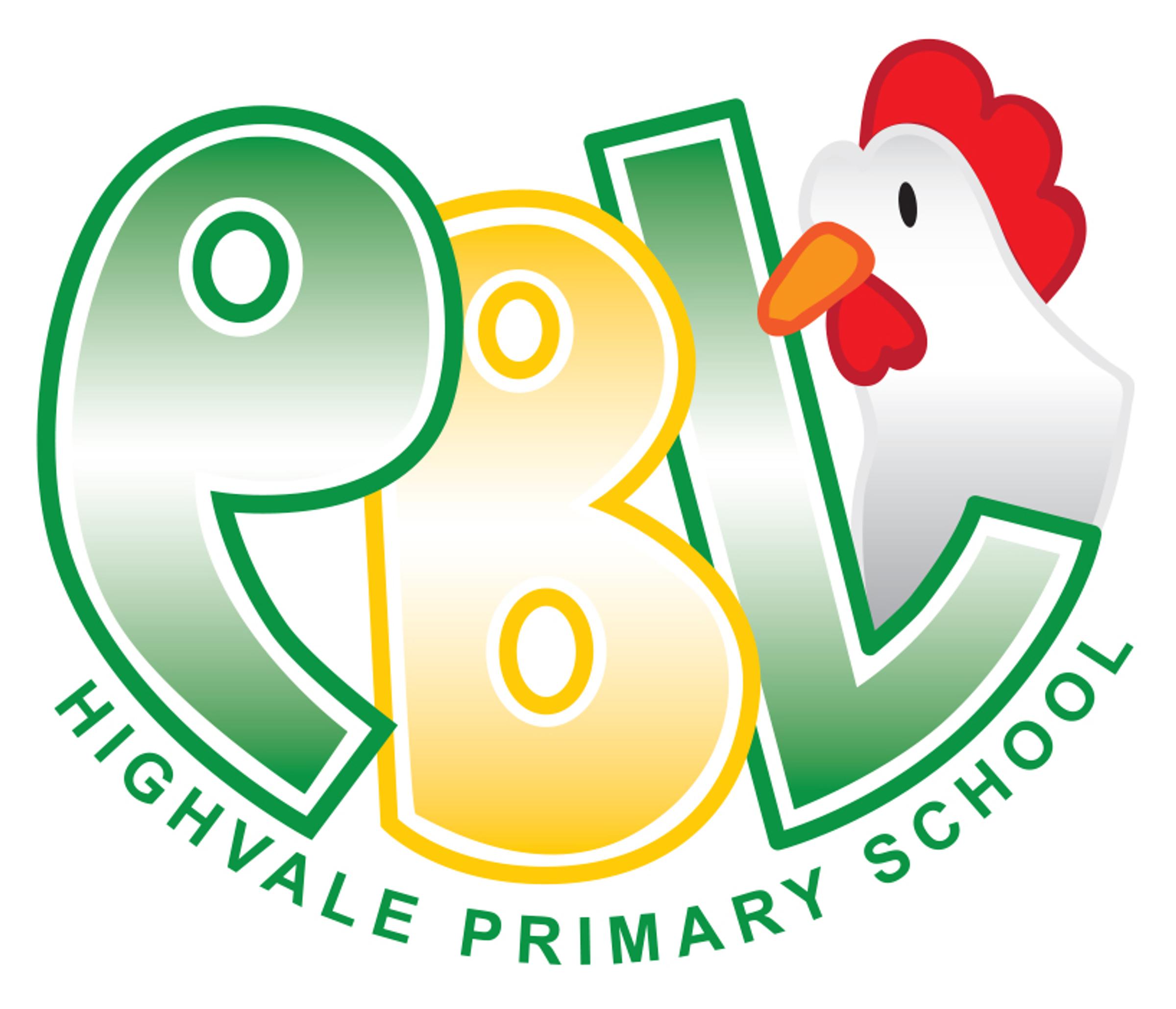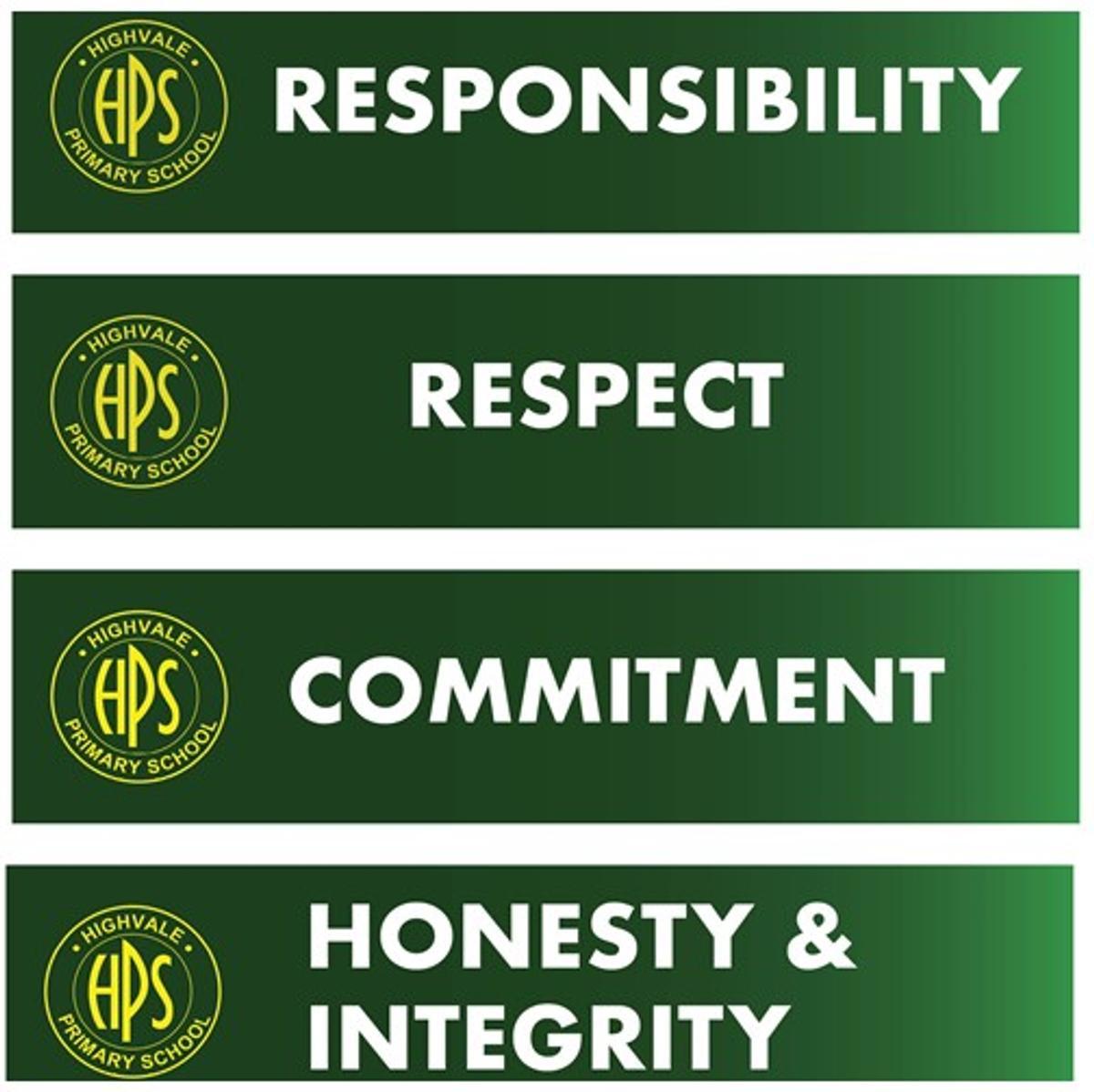Engagement & Wellbeing
Thursday 16th November

Engagement & Wellbeing
Thursday 16th November
“In a world where you can be anything, be kind”


During the months of October to December, areas of Victoria are particularly prone to bouts of combined pollen and weather conditions that can result in 'Thunderstorm Asthma' in children and adults.
On days of high risk of Thunderstorm Asthma at school, staff carefully consider conditions, and may have some outdoor activities relocated indoors (such as PE) to limit the potential impact of conditions that could result in a student having Thunderstorm Asthma.
Families can monitor the potential for Thunderstorm Asthma through various websites and apps, including the following:
https://www.health.vic.gov.au/environmental-health/epidemic-thunderstorm-asthma-risk-forecast
https://www.melbournepollen.com.au/mobile-app/
https://support.emergency.vic.gov.au/hc/en-gb/categories/203637608-VicEmergency-app
For students prone to Asthma, Hayfever, or who take regular preventative medication, families are encouraged to monitor these sites (as does the school), and ensure children have their medication (named) at the school office, in case it is needed.
More information about Thunderstorm Asthma can also be found here:
Letting Kids Play
Bob Ross had a career in the Air Force for 20 years and didn’t start painting until he retired. At 41, he became everyone’s favourite art teacher.
Colonel Sanders had a hard time holding down jobs, working as a fireman, insurance salesman, and even worked in law. It wasn’t until his 40s that he started successfully selling fried chicken.
Martha Stewart worked as a stockbroker. It wasn’t until she was 41 that she published her first cookbook.
Albert Einstein was expelled from his school, and his teachers thought that he was mentally handicapped. Yet he went on to win a Nobel Prize and is considered one of the most brilliant minds of all time.
Winston Churchill failed 6th grade. At 63, he became Prime Minister of England.
It’s so easy to grow anxious, worried that our children are falling behind or missing out.
We worry that they won’t develop their culinary skills if they don’t start Mummy and Me cooking classes as toddlers.
We fear that they will never be talented artists if we don’t enrol them in the pricey after school art class.
We are concerned that if we don’t require them to practice piano daily, that they will never develop into talented musicians.
We worry that their low score on their maths test means that they will never go into a STEM course at university.
We anxiously watch on as they struggle to decide which subjects to pursue in high school, worried what careers they are precluding themselves from following.
What we often fail to remember in those moments of anxiety and fear, is that learning doesn’t stop when they finish high school or their tertiary education. As adults we can go back at any time and learn to paint, learn to do complex algebra, learn to be good leaders. We can change career paths again and again, and quickly catch up on the things we missed or have forgotten.
What we can’t do is get our childhoods back.
Childhood isn’t a time to prepare to be an adult.
Childhood is a time to be a child.
Childhood is a special time where imaginative play feels richer, where friendships are formed over a shared love of digging for worms, and where building a tree house can feel like the most important thing in the world.
Yet we often cut into that time to get them to sit still, learn ‘important things’, and prepare for their futures. The problem is that the more time that they are engaged in adult-led, structured, future-oriented activities, the less time they have available to engage in the real work of childhood – play.
Play teaches our kids everything that they really need to learn. It fosters physical and motor development. Play requires socio-emotional skills. It strengthens the imagination and creativity. It builds STEM skills and deductive reasoning. Play can not be substituted with other activities and still achieve the same outcomes. Children need the opportunity to play.
To celebrate World Children’s Day, let’s elevate play to it’s true level of importance. Let’s prioritise it above our own goals for our children. Let’s allow our kids to have a day, at least just this one day, to choose their own activities, to play without direction, to engage in the work of childhood without limits.
And if you can, go even further. Start a 30 day play challenge, making sure your kids have at least 45 minutes every day to engage in activities of their own choice. If it’s been a while since they had the opportunity for free play, they might not know where to begin. To avoid those calls of “I’m bored”, try setting the stage with these play prompts:
Then get out of the way. True play is self-directed, intrinsically motivated, and creative.
This World Children’s Day (and hopefully every day) let’s safeguard childhood, value play, and let our kids be kids.
eSafety educates Australians about online safety risks and help to remove harmful content such as cyberbullying of children and young people, adult cyber abuse, image-based abuse and illegal and restricted content.
The eSafety Commissioner can support with:
For more information, please go to: www.esafety.gov.au
The Triple P – Positive Parenting Program® is a parenting and family support system designed to help children to realise their potential.
Triple P is designed to be with parents on every step of their journey, providing help and guidance to families when they need it. It aims to create supportive family environments, and to prevent, as well as treat, behavioural and emotional problems in children and teenagers.
What is Triple P?
Our implementation teams will help you determine your level of need, the best types of support, and how to make the most of existing local capacity.
Triple P fits the needs of every family, whether they are struggling with temper tantrums or sleeping patterns, parents in conflict with their child or with each other, or have children with additional needs, including those struggling with their mental health.
Triple P programmes draw on social learning, cognitive behavioural and developmental theory, in addition to research into risk factors associated with the development of social and behavioural problems in children. We equip parents with the skills and confidence they need to be able to manage any family issue.
While Triple P is almost universally successful in improving behavioural problems, more than half of Triple P’s 17 parenting strategies focus on developing positive relationships, attitudes and conduct.
Our programmes support parents of children from 0 to 16 years olds through a range of different courses:
Contact https://www.triplep-parenting.net.au/au/triple-p/
Don't forget, listed below are a number of parent resources you can access at any time.
Take care,
Josh Crozier
Assistant Principal